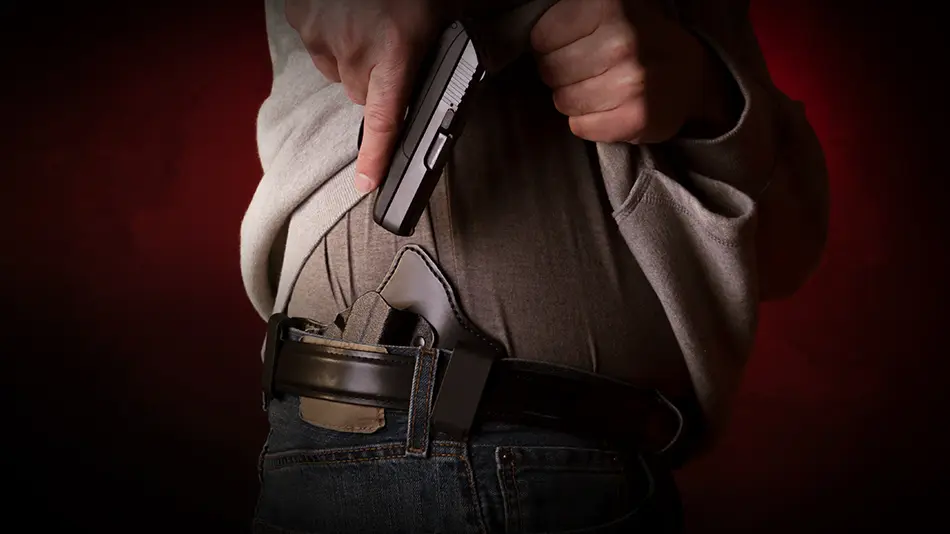Colorado is a “shall issue” state, and sheriffs are required to issue a Concealed Carry Permit to qualified applicants, except in certain enumerated circumstances. To be a qualified applicant, a person must undergo a background check and have demonstrated competence with a handgun through one of several means, most commonly attending a certified handgun training class.
Reasons for Denial
A permit may be denied only based on requirements listed in the statute. Some of these requirements are purely technical (e.g., the applicant must be a legal resident of Colorado and at least 21 years old), while others are more substantive. Among those, the most frequent statutory disqualifications resulting in denial of a Concealed Carry Permit include:
(1) The applicant is prohibited from possessing firearms under state and federal law based on a prior felony conviction;
(2) The applicant is an active, habitual abuser of alcohol or illegal drugs; and
(3) The applicant is the subject of a restraining order or protective order.
Even if an applicant otherwise meets the statutory criteria, a sheriff may deny a permit if the sheriff has a reasonable belief that the applicant’s previous behavior makes it likely that the applicant will present a danger to themselves or others. If a sheriff denies an applicant a Concealed Carry Permit or revokes a previously issued permit upon learning of a disqualifying event, the applicant has the right to have a court review the sheriff’s determination.
In such a judicial review, the sheriff bears the burden of proving by a preponderance of the evidence that the applicant does not meet one or more of the statutory requirements for a permit. If the sheriff denied the permit based on the sheriff’s determination that the person would be a danger, the sheriff has the burden of proving that determination by clear and convincing evidence.
If you have any questions about Concealed Carry Permits in Colorado, please call U.S. LawShield and ask to speak to your Independent Program Attorney.





What link provides info regarding reciprocity between all of the states regarding concealed carry permits?